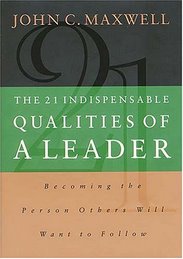In the last few weeks, I have interviewed few accomplished leaders in their field.They shared their success, challenges and work-life balance philosophy. One thing that was key to their success and personal growth was "Feedback" throughout their professional career.
Feedback is an essential part of keeping a company or organization running efficiently, as it is one of the ways management and its employees communicate. Providing feedback is an important aspect of working with other people, and helping your team progress.
There are many ways to provide constructive feedback such as Sandwich technique, 3-1 rule technique, 360-degree technique, etc. All these techniques are great however the key to effective feedback is the manner and approach you use to deliver feedback. Your feedback can make a difference to people if you can avoid a defensive response.
Steps for Effective Feedback:
2) Praise should be also be public, and a reprimand should be private.
3) Effective feedback is well timed. Whether the feedback is positive or constructive provide the information as closely tied to the event as possible. Give regular and timely feedback and don't wait till things build up or yearly review.
4) Don't be fake about what you think about an employee's performance, but don't be unprofessional and rude about it. Base feedback on actual results or observed behavior and not on an opinion or assumption.
5) Focus feedback on the benefits to the learner. Share ideas, information and explore solutions on how performance can be improved rather than simply giving advice or solutions to the learner.
6) Effective feedback involves what or how something was done, not why. Asking why is asking people about their motivation and that provokes defensiveness.
7) Ensure that feedback results in agreed actions by learner and record feedback as appropriate





No comments:
Post a Comment